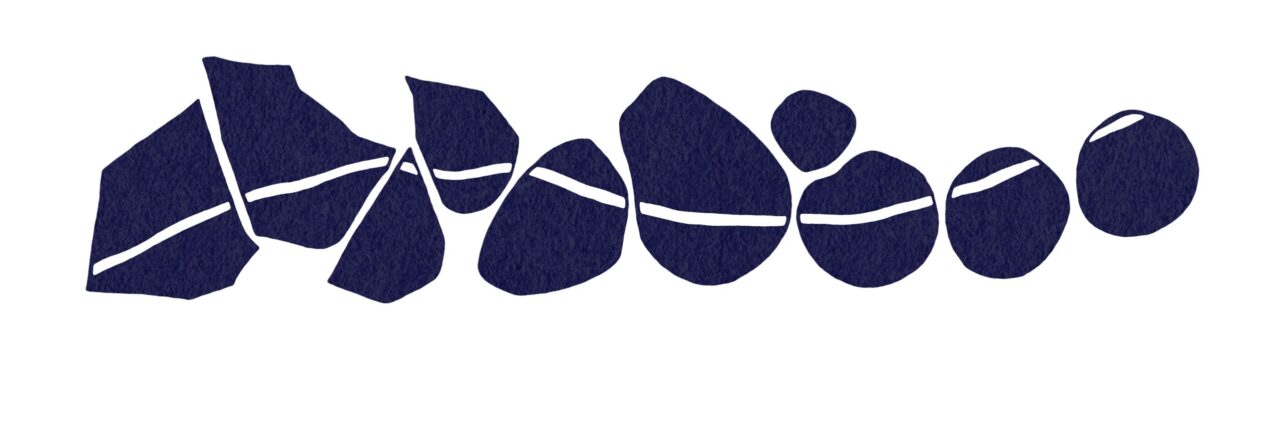A simple, methodical way to check in with yourself
Most of us ask and answer the question “how are you?” several times each day, but how often do you really give yourself the space to find the deeper answer?

Most of us ask and answer the question “how are you?” several times each day, but how often do you really give yourself the space to find the deeper answer?
Most of us are aware that non-verbal behaviour like posture, eye contact and movement greatly influence how others perceive us.
Orienting is a skill you already have (because it’s hard-wired into your nervous system). But you can learn to strengthen or recover it during stressful times to help to communicate to your brain and body that you are safe during times when stress and overwhelm take you back to traumatic memory or forward in anticipation of something difficult.
Orienting helps you to focus on your external environment and lean into cues around that tell you where you are now, is safe.
The popular grounding technique of tuning into the five senses uses orienting to bring you into the moment:
Name
5 things you can see
4 things you can hear
3 things you can feel
2 smells and
1 taste

You could also try:
👀 Look around you and name one item to the front, one behind you, one to the left and one to right. Add extra detail if you like by going up then down.
✏️ Choose an object nearby and describe it in detail to yourself
🤚🏽 Reach out and touch the nearest wall or surface. Place both hands on and describe the feeling in detail.
👣 Take your shoes off and stand on the earth.
Psychology is full off fancy words for natural, inbuilt strengths which we can use to our advantage. I love uncovering the brilliance in our systems. As always, these strategies are even more powerful when they’re happen in the presence of another.
My childhood best friend and I used to ask each other “can you smell your nose?” then we’d curl the tips of our noses round into themselves and genuinely investigate 🥰 I still do it sometimes and find it really soothing.
What orienting strategies do you already use or could you build on now you know the idea behind it?
Getting regulated when you’re stressed or overwhelmed doesn’t have to be complicated. Essentially you’re looking for something which cues a sense of safety to your system, and although there are loads of great “exercises” out there to learn, actually, many of the things you’re already good at will also do a great job in these moments if applied consciously.
You have this wisdom built in you and you will naturally go looking for these opportunities for grounding.
The list is endless but here are some less obvious ideas I love:
🍀 nurture something you care about. Yes this could be tending to a plant, or it could be making a drink for a buddy, or tickling a pet.
⚡️try a weather themed playlist! Long thunderstorms while going to sleep feature in this house atm.
✨ embrace things you find beautiful. This is so underrated! Immerse yourself in a picture, draw, glitter gel your nails, read poetry.
🧹 organise a messy cupboard or colour-code a shelf of books. It reminds me of the feeling of reorganising your bedroom as a child.
🌤️ check in on your comfort basics (eat, drink, wee etc) then lie somewhere near a window and feel the light rays on your skin.

There’s literally NO HACK for repairing and restoring a tired mind-body. Not one single substitute for rest. And if you’re having a harder time than usual, your need for rest will increase in order to balance out the additional energy you use via an activated nervous system.
These three steps come from Bruce Perry, a neuroscientist working in the field of trauma, and are offered as a guide for how adults can best support vulnerable children to learn, think and reflect. But I see absolutely no reason why these steps should be saved for children only.
Powered by WordPress & Theme by Anders Norén